Tetrabenazine derivative found efficacious, well-tolerated for abnormal movements

The investigational therapy deutetrabenazine is efficacious and safe in treating abnormal movements in patients with tardive dyskinesia (TD), investigators with the multicenter phase 2/3 ARM-TD study recently reported in Neurology. The findings appear to raise the likelihood that the agent, which was granted priority review status by the FDA in February, could soon become only the second therapy approved to treat TD in the United States.
Advertisement
Cleveland Clinic is a non-profit academic medical center. Advertising on our site helps support our mission. We do not endorse non-Cleveland Clinic products or services. Policy
“This study provides Class I evidence that deutetrabenazine may serve as an effective and well-tolerated treatment for abnormal movements in patients with TD, especially those in whom it’s not an option to disrupt treatment of underlying psychiatric conditions,” says ARM-TD lead investigator Hubert H. Fernandez, MD, Director of the Center for Neurological Restoration at Cleveland Clinic.
That latter point is crucial, he notes, as TD results from exposure to dopamine receptor antagonists, including typical and atypical antipsychotics, which rank among the most commonly prescribed medication classes. In fact, 20 to 50 percent of patients receiving antipsychotics develop TD. “Continued use of these agents may worsen TD symptoms,” Dr. Fernandez explains, “but dose reduction can raise the risk of psychiatric relapse. So there’s a large unmet need for an efficacious and tolerable treatment that allows continuation of dopamine receptor antagonist use for underlying conditions.”
The vesicular monoamine transporter 2 (VMAT2) inhibitor tetrabenazine appeared to be such a treatment, but it is limited by active metabolites with short-half lives that result in a range of neuropsychiatric adverse events that make its use highly impractical.
Several years ago, investigators reported that incorporation of deuterium — a natural, nontoxic form of hydrogen — into tetrabenazine attenuated its metabolism, raising the prospect of improved tolerability. The resulting compound — deutetrabenazine — has been associated with low rates of neuropsychiatric symptoms in patients with Huntington disease (for which it recently gained FDA approval), prompting its study in TD in the ARM-TD (Aim to Reduce Movements in Tardive Dyskinesia) investigation.
Advertisement
Investigators in the multicenter U.S./European trial randomized 117 patients with TD in a double-blind manner to receive deutetrabenazine (n = 58) or placebo (n = 59) for 12 weeks.
All patients had an Abnormal Involuntary Movement Scale (AIMS) score ≥ 6 (as assessed by blinded central video rating), stable psychiatric illness and stable psychoactive medication therapy.
Evaluation at 12 weeks found deutetrabenazine to be significantly superior to placebo on the primary end point of change in AIMS score from baseline (P = .019 for active treatment vs. placebo). The significant difference in treatment effect emerged by week 4.
Two secondary end points — treatment success on the Clinical Global Impression of Change scale and the Patient Global Impression of Change scale — also favored deutetrabenazine, but the differences from placebo did not reach statistical significance.
In tolerability analysis, both deutetrabenazine and placebo showed very low rates of psychiatric adverse effects, including:
No worsening in parkinsonism (by the Unified Parkinson’s Disease Rating Scale motor subscale) was noted over the course of the study in either group.
“Notably, over 98 percent of patients enrolled in ARM-TD had an underlying psychiatric comorbidity for which they were receiving concomitant medications,” says Dr. Fernandez. “This makes these findings particularly relevant to the real-world practice of clinicians managing similar patients.”
Advertisement
He identifies a couple of other study details with important clinical implications. First, the high study completion rate (89.7 percent) and infrequent dose reductions and suspensions in the deutetrabenazine arm further support the agent’s favorable tolerability. “This is especially important because antipsychotic discontinuation or dose reduction often cannot be considered for patients with TD, due to the high risk of psychotic exacerbation,” he observes.
Second, subanalysis showed that deutetrabenazine provided greater clinical benefit in patients with a central video AIMS ≥ 6 at both screening and baseline. “This suggests that patients with more severe TD may benefit to an even greater degree,” Dr. Fernandez notes.
“But the key takeaway is clearly the overall study finding,” he concludes. “The chronic, disabling nature of TD highlights the need for an effective treatment. Finally, our patients may now have viable options that eluded them for so many years.”
Advertisement
Advertisement

New study advances understanding of patient-defined goals

Testing options and therapies are expanding for this poorly understood sleep disorder
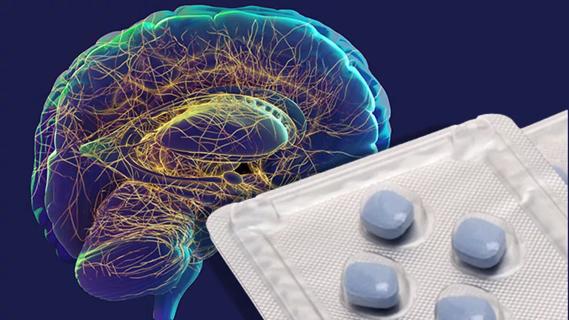
Real-world claims data and tissue culture studies set the stage for randomized clinical testing
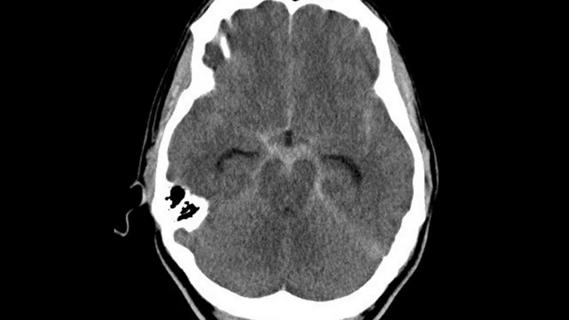
Digital subtraction angiography remains central to assessment of ‘benign’ PMSAH

Cleveland Clinic neuromuscular specialist shares insights on AI in his field and beyond
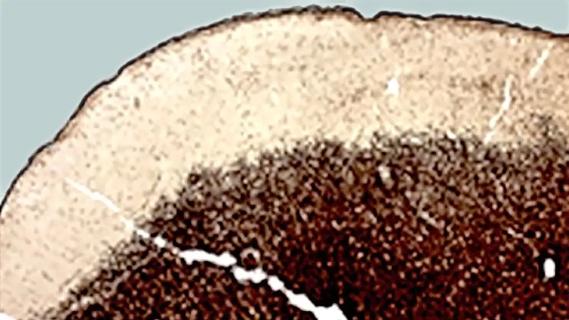
Findings challenge dogma that microglia are exclusively destructive regardless of location in brain
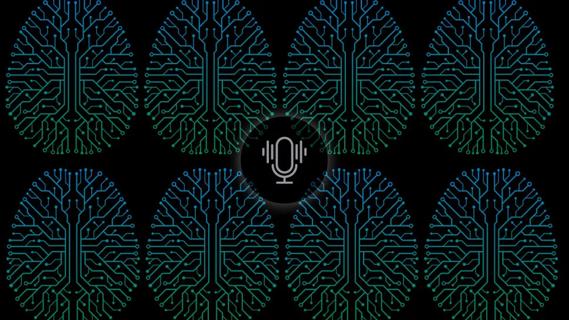
Neurology is especially well positioned for opportunities to enhance clinical care and medical training
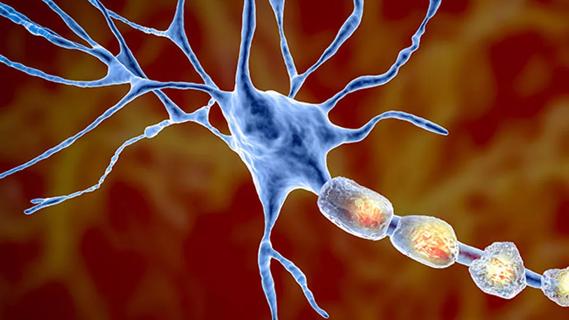
New review distills insights from studies over the past decade